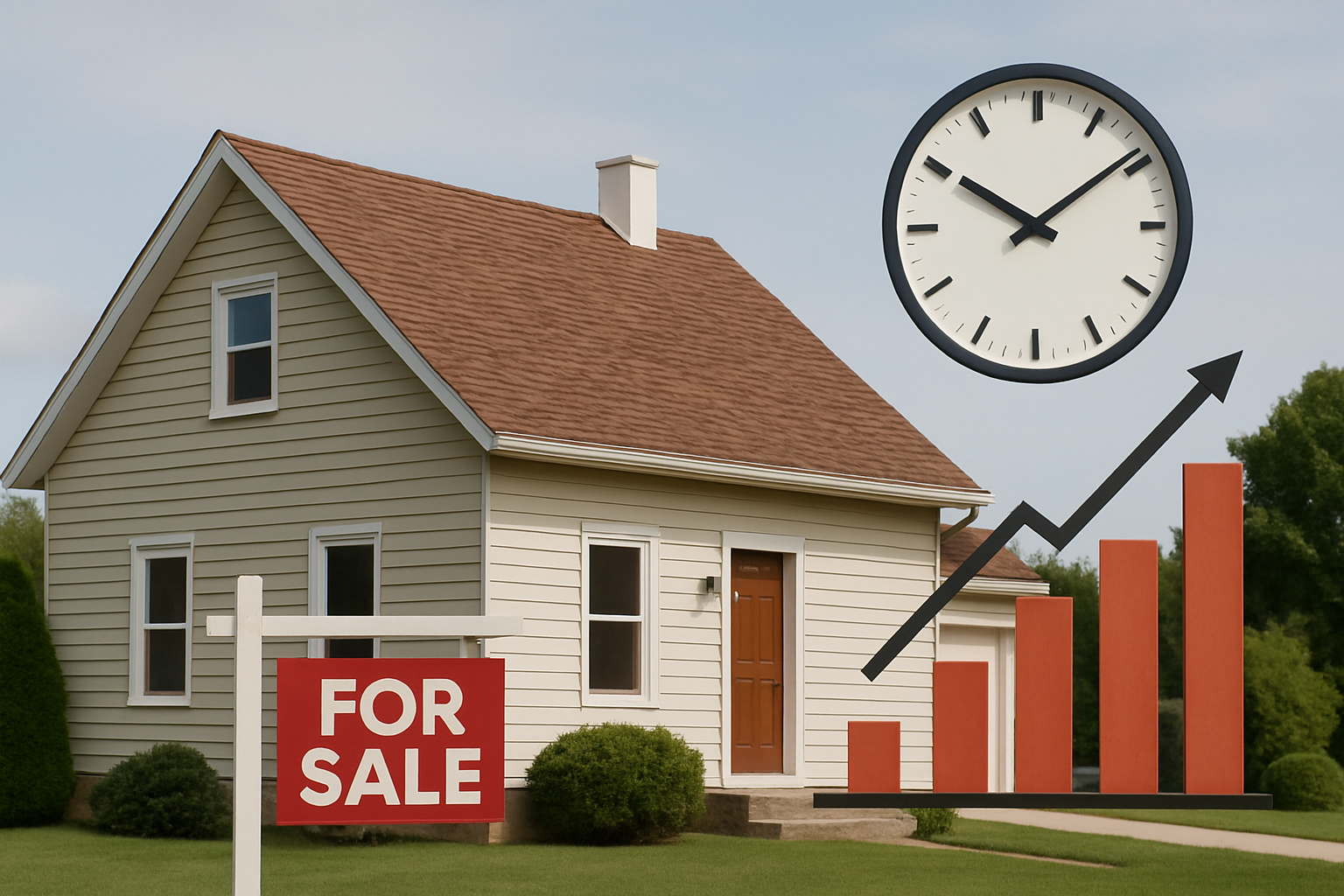Categories
Real Estate AdvicePublished June 30, 2025
The Best Time to Sell Your Home: What the Data Says?

When it comes to selling your home, timing can significantly impact the final sale price and how quickly your property moves off the market. While every real estate market has its unique rhythms, data from recent years provides valuable insights into the best times to sell your home to maximize your return and minimize stress.
Spring and Early Summer: The Traditional Peak
Historically, spring—particularly from March through June—has been the most active season for home sales. Warmer weather encourages buyers to get out and explore neighborhoods, and families often prefer to move during the summer months to avoid disrupting the school year. Data consistently shows that homes listed in spring tend to sell faster and at higher prices compared to other times of the year.
Why Spring?
- Increased buyer demand leads to more competition.
- Homes often look their best with blooming gardens and natural light.
- Buyers are motivated to close before summer vacations and the new school year.
Summer: Still Strong, But Slowing
While summer remains a popular time to sell, activity can start to taper off after June. Buyers may become less active as vacations begin, and the market can experience a slight slowdown. However, well-priced homes in desirable neighborhoods continue to attract attention.
Fall: A Second Opportunity
Fall, especially September and October, can be an excellent time to sell. The market often sees a resurgence as buyers who missed out in spring and summer re-enter the market. Additionally, serious buyers tend to be more motivated, leading to quicker sales. Homes staged with cozy, autumnal touches can appeal to buyers envisioning their future lifestyle.
Winter: A Niche Market
Winter is generally the slowest season for home sales, with fewer buyers actively searching. However, this can work to your advantage if you’re targeting serious buyers who are motivated by job relocations or other time-sensitive needs. With less competition, your home may stand out more, and you might negotiate a favorable deal.
Local Market Variations Matter
While these seasonal trends provide a useful framework, local market conditions, economic factors, and even weather patterns can influence the best time to sell in your area. For example, markets in warmer climates may not follow the traditional spring-summer peak, and urban areas might see more consistent activity year-round.
Data-Driven Decision Making
To make the most informed decision, consider consulting with a real estate professional who has access to up-to-date market data and understands local trends. They can provide insights on recent sales, buyer behavior, and pricing strategies tailored to your neighborhood.
If you’re considering buying or selling a property, partnering with a real estate attorney is a proactive step toward a successful and stress-free transaction. For personalized guidance and expert support, feel free to reach out to our team at Kerr Living. Together, we can make your real estate journey a confident and rewarding experience.





